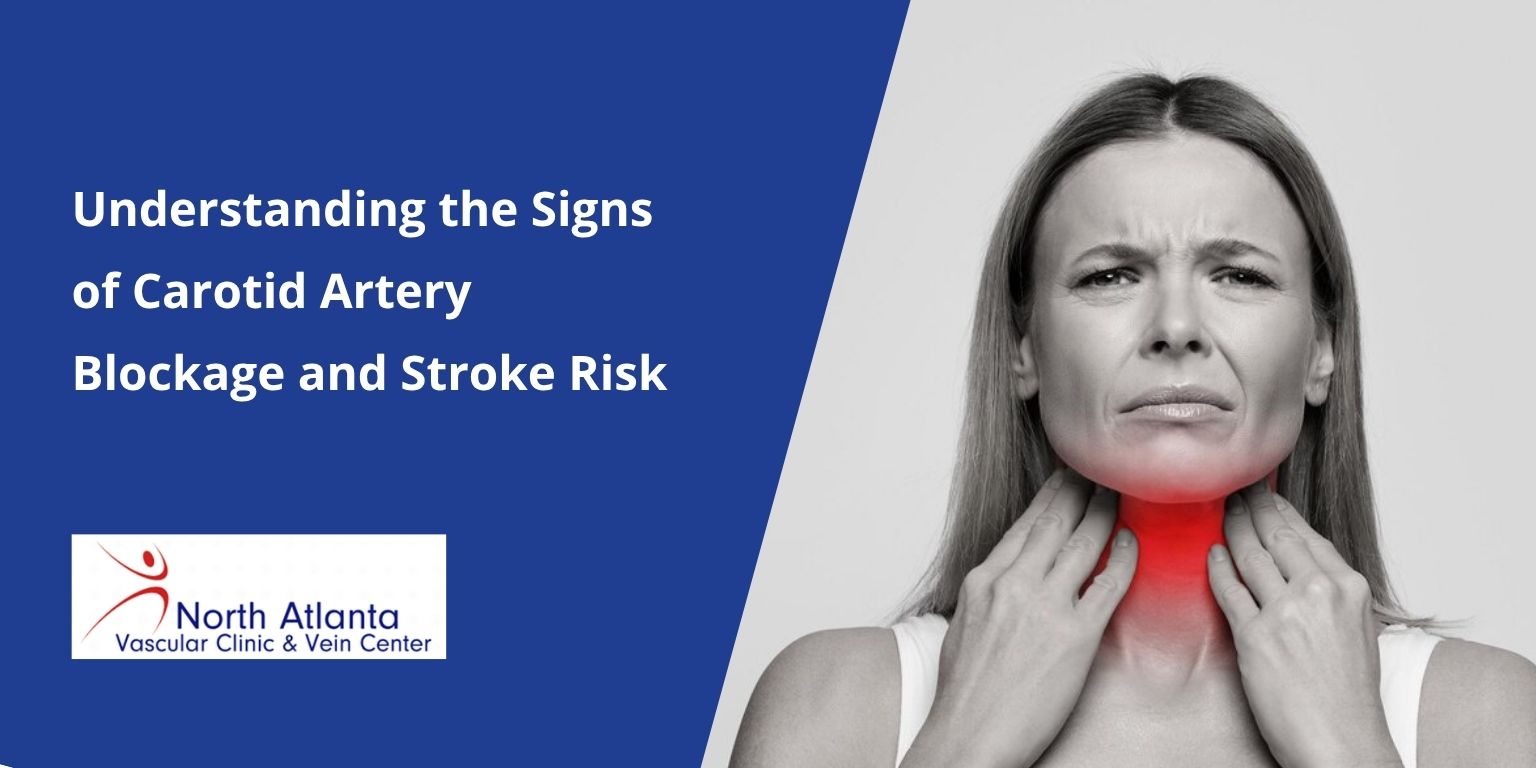
6/24/2025
Have you ever wondered how healthy the arteries in your neck are? Most people haven’t, even though these blood vessels play a vital role in brain health. Your carotid arteries, located on either side of your neck, carry blood directly to your brain. When these arteries become narrowed or blocked, it’s not just a vascular issue. It becomes a life-threatening one. One of the most important reasons to pay attention is that the signs of carotid artery blockage can be subtle or even nonexistent until a major event like a stroke occurs. This makes understanding the risks and recognizing early symptoms absolutely critical.
A blocked carotid artery isn’t something that happens overnight, and it doesn’t always come with dramatic warning signs. However, as plaque builds up along the artery walls, it slowly narrows the passage through which blood flows. When blood supply to the brain is limited or cut off entirely, the result is often a stroke. Stroke is one of the leading causes of death in the United States. Recognizing and treating symptoms of a carotid artery problem early can dramatically reduce that risk.
Carotid artery blockage is a condition where fatty deposits (known as plaque) build up inside the carotid arteries. This condition is a type of atherosclerosis, the same process that causes heart attacks. Over time, plaque buildup can lead to either a partial blockage, where the artery is narrowed but still open, or a complete blockage, where blood flow is totally restricted.
One of the most alarming facts about carotid artery blockage in elderly and younger adults alike is that the early stages often don’t cause any symptoms at all. That’s why it’s called a “silent” condition. But there are warning signs to watch for, especially if the narrowing becomes significant.
Here are some symptoms of narrowing of the carotid artery to look out for:
When plaque builds up inside the artery, it doesn’t just restrict blood flow. It can also rupture. If a piece breaks off, it can travel to the brain and cause a clot, stopping blood flow entirely. This is one of the main pathways to stroke. Recognizing signs of carotid artery blockage early on is essential to interrupt this chain reaction before it leads to permanent damage.
While it’s true that carotid artery blockage in elderly patients is more common, younger individuals are not immune. In fact, there are documented cases of carotid artery blockage in young adults, often linked to genetics or lifestyle.
Risk factors include:
If you fall into one or more of these categories, regular vascular checkups are strongly advised.
Detecting the problem early is the best way to reduce your stroke risk. Your healthcare provider may recommend one or more of the following diagnostic tools:
Once diagnosed, treatment depends on how advanced the blockage is. Options may include:
Your vascular specialist will determine the best approach based on the level of blockage and your overall health.
Managing carotid artery disease isn’t just about treating it once, it’s about keeping it under control long-term. Here’s how:
Carotid artery disease may not make headlines like heart disease or cancer, but its consequences can be just as serious. The earlier you recognize the signs of carotid artery blockage, the more options you have to prevent a stroke. Whether you’re a young adult with genetic risk factors or an older adult with high cholesterol, awareness and action can protect your future.
At North Atlanta Vascular Clinic, we specialize in diagnosing and treating carotid artery disease with personalized care and the latest technology. If you’ve noticed symptoms or fall into a high-risk group, don’t wait. Schedule a consultation today and take a proactive step toward protecting your brain and your life.
Leave a Reply Cancel reply